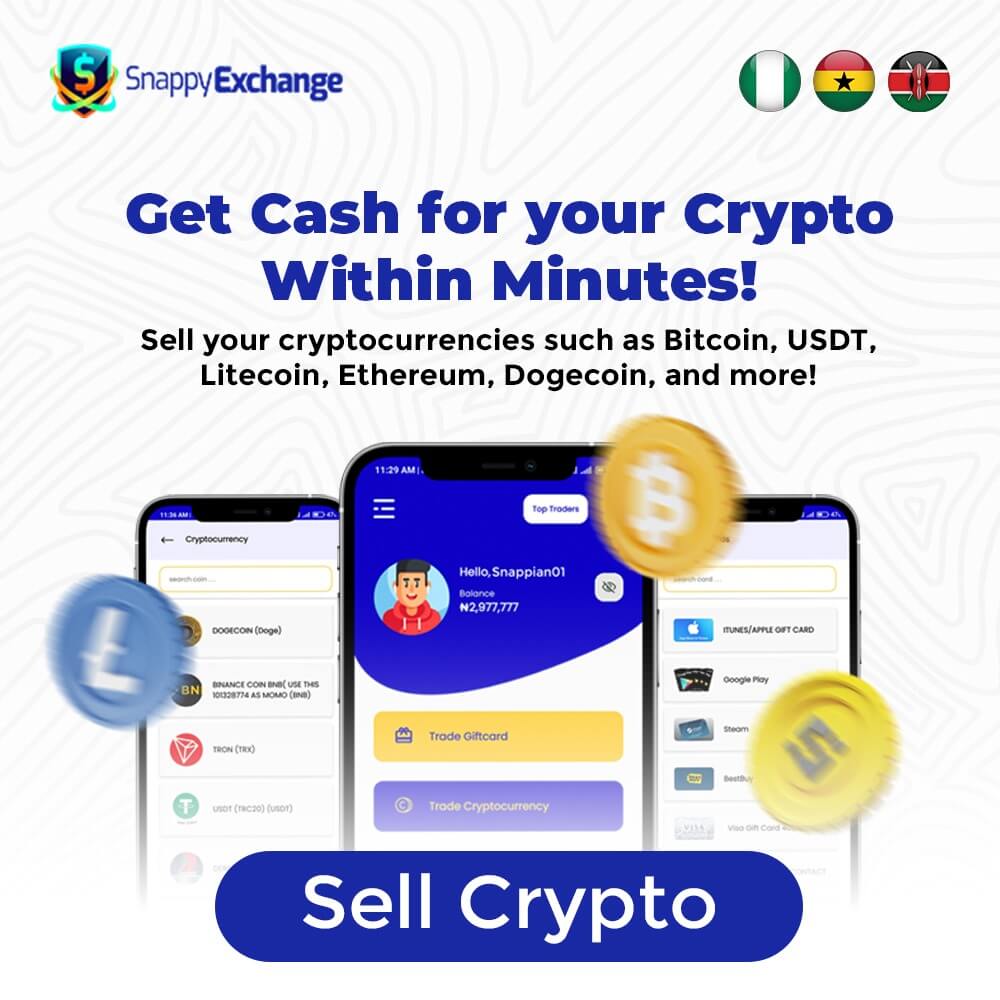Token standards are an important part of the cryptocurrency landscape. They provide a common language that allows different cryptocurrencies, blockchains, and applications to interact with each other.
Without token standards, the growth of the digital asset industry would be severely hindered. In this blog post, we will discuss what token standards are, how they work, and why they are so important for the development of the digital asset industry.
What Are Tokens?
In the world of blockchain and cryptocurrencies, tokens are digital assets that represent a unit of value. They can be created on top of a blockchain platform and can be used to represent a variety of assets, including real-world assets like property, securities, or even other cryptocurrencies.
Tokens can be transferred from one user to another on the blockchain platform they were created on. They can also be traded on cryptocurrency exchanges, making them a popular way for people to invest in a particular blockchain project.
Tokens can have different functions depending on the project they are associated with. Some tokens are used as a currency within a particular ecosystem, while others can be used to access certain features or services within a decentralized application.
Overall, tokens are an important part of the blockchain and cryptocurrency space. They enable developers to create innovative applications and platforms, and they provide a way for users to interact with these projects and invest in their success.
Read Also: How to Sell a Gift Card on E-Bay
Token Standards Explained
Token standards are a set of guidelines and specifications that define the features, functionalities, and rules for a particular type of token. Token standards ensure that different tokens follow a standard format, which helps in seamless integration and compatibility across various blockchain platforms.
One of the most popular token standards is the ERC-20 standard, which stands for Ethereum Request for Comments-20. ERC-20 is the most widely used standard for creating and issuing tokens on the Ethereum blockchain. This standard defines the basic functions, events, and operations required for a token to be compatible with the Ethereum network.
Another popular token standard is the ERC-721 standard, which is used for creating non-fungible tokens (NFTs) on the Ethereum blockchain. NFTs are unique digital assets that can represent various forms of artwork, music, and collectibles.
Token standards play a critical role in the adoption and growth of blockchain technology. These standards make it easier for developers to create new tokens and integrate them into different blockchain platforms. Moreover, standardization also provides transparency and predictability in the token ecosystem, which increases trust and confidence among users.
Also, token standards are essential for creating a unified token ecosystem that is scalable, interoperable, and secure. These standards help in achieving consistency, transparency, and compatibility across different blockchain platforms, which ultimately benefits both token creators and users.
Why Are Token Standards Important?
Token standards are important for several reasons. Firstly, they provide a level of consistency and compatibility across different blockchain platforms. With standardized token formats, developers can easily create and integrate tokens into various blockchain networks, reducing the complexity and time required for integration. This fosters innovation and allows for the seamless transfer of value between different tokens and platforms.
Secondly, token standards enhance the security and trustworthiness of the digital asset industry. By adhering to a set of standardized rules and functionalities, token creators ensure that their tokens meet certain quality standards and are less susceptible to vulnerabilities or exploits. This helps build confidence among users and investors, leading to increased adoption and usage of digital assets.
Furthermore, token standards promote interoperability between different applications and platforms. With standardized tokens, applications can interact and communicate with each other more easily, allowing for the creation of complex and interconnected ecosystems. This opens up new possibilities for decentralized finance, supply chain management, and many other industries that can benefit from blockchain technology.
Lastly, token standards facilitate regulatory compliance. By defining the features and functionalities of tokens, these standards provide a framework for regulators to assess and understand the nature of digital assets. This can lead to clearer regulations and guidelines, making it easier for businesses and individuals to operate within the legal framework.
Also, token standards are important for the development and growth of the digital asset industry. They ensure compatibility, security, interoperability, and regulatory compliance, creating a solid foundation for the creation and adoption of tokens and decentralized applications.
Different Types of Token Standards
There are several different types of token standards in the cryptocurrency industry, each with its own unique set of guidelines and specifications. These standards are designed to cater to different needs and use cases, allowing developers to create tokens that align with their specific requirements. Some examples of token standards include ERC-20, ERC-721, ERC-1155, BEP-20, and TRC-20.
ERC-20 is the most widely adopted token standard and is used for creating fungible tokens on the Ethereum blockchain. Fungible tokens are interchangeable and can be divided into smaller units, making them ideal for representing currencies or assets that are easily divisible.
ERC-721 is the standard for creating non-fungible tokens (NFTs) on the Ethereum blockchain. Unlike fungible tokens, NFTs are unique and cannot be exchanged on a one-to-one basis. They are typically used to represent digital assets like artwork, collectibles, or virtual real estate.
ERC-1155 is a hybrid token standard that allows for the creation of both fungible and non-fungible tokens on the Ethereum blockchain. This standard provides flexibility and efficiency by enabling multiple token types within a single contract.
BEP-20 is the token standard used on the Binance Smart Chain, which is a blockchain platform that aims to provide faster and cheaper transactions compared to the Ethereum network. It is similar to ERC-20 and allows for the creation of fungible tokens.
TRC-20 is the token standard used on the TRON blockchain. It is also similar to ERC-20 and allows for the creation of fungible tokens. TRON is known for its high throughput and scalability, making it an attractive platform for token creation.
These are just a few examples of the many token standards that exist in the cryptocurrency industry. Each standard has its own unique features and benefits, catering to the diverse needs of developers and users.
Conclusion
In conclusion, token standards play a vital role in ensuring the interoperability, transparency, and security of tokens in the blockchain ecosystem. These standards facilitate the exchange of tokens between different blockchain networks and provide developers with a set of guidelines to follow while building tokens.
By adhering to these standards, developers can ensure that their tokens are compatible with different wallets, exchanges, and dApps, thereby enhancing their adoption and accessibility.
Different types of token standards exist, including ERC20, ERC721, and ERC1155, among others, each serving a unique purpose and catering to specific token use cases.
Understanding these standards is critical for developers and investors looking to build or invest in blockchain projects that use tokens. With the rapid growth of the blockchain industry and the proliferation of tokens, token standards will only continue to gain in importance.
As the industry matures, we can expect more standardized tokenization of various assets, further enabling seamless transfer and management of different asset types on blockchain networks. Therefore, it is crucial to keep an eye on the evolving token standards to leverage their potential and stay ahead of the competition.

